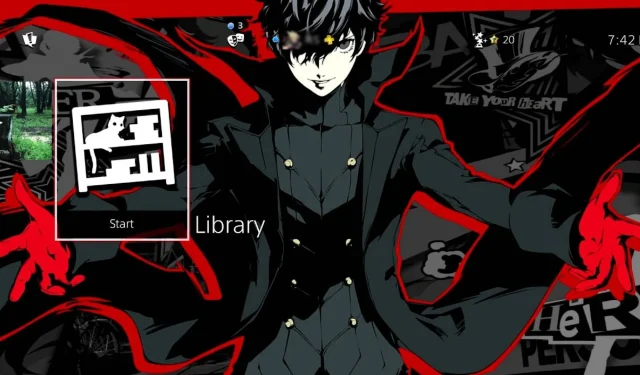
Content Warning: This article contains discussions about sexual abuse, particularly involving minors.
Enhancing the Persona Franchise: Lessons for Persona 6
While Persona 5 marked a significant triumph for the franchise, it was not without its imperfections. For the anticipated Persona 6, addressing certain shortcomings could not only elevate the gameplay experience but also strengthen the narrative integrity. Issues such as Atlus’ traditional long introductions may be easily glossed over due to the game’s overall quality; however, certain narrative decisions are considerably more contentious and detract from an otherwise outstanding title.
The Romance Dilemma: A Call to Action for Persona 6
Even though Persona 5 remains an exemplary game, there is substantial room for improvement, especially regarding its approach to romance. The potential for Persona 6 to surpass its predecessor exists if it focuses on refining the often problematic romantic dynamics introduced in Persona 5. Although many relationships within the game are endearing, a few veer into unsettling territory, undermining the game’s core themes.
Addressing Inappropriate Relationships
One of the more controversial narrative elements in Persona 5 is the option for players to engage romantically with adult characters while controlling a minor protagonist, Joker. Notably, some of these adult characters include Joker’s teacher, Sadayo Kawakami, and a doctor, Tae Takemi, which raises significant concerns about the power dynamics at play.
Although Atlus may not view these dynamics as problematic, it’s crucial to recognize that the national age of consent in Japan is 16, which complicates the interpretation of these relationships. However, Tokyo’s age of consent is set at 18, adding further ambiguity to Joker’s interactions with these adult characters, especially since the game avoids explicit sexual content.
The Dangers of Normalizing Exploitative Relationships
While fictional narratives can explore complex and controversial themes without inherent issues, the framing of these relationships within Persona 5 raises significant concerns. The romantic links between Joker and adult characters may unintentionally normalize unhealthy dynamics, particularly considering the exploitative nature of his relationship with Kawakami versus the clear condemnation of Kamoshida’s abuses.
Narrative Inconsistencies: The Kamoshida Arc
The Kamoshida storyline illustrates the consequences of abusive power dynamics extensively. Yet, the introduction of adult romance options seemingly contradicts this critical narrative arc, diluting the potency of the game’s insistence on younger characters resisting corrupt adult influences.
Mixed Signals on Teacher-Student Relationships
Joker’s financial transactions with Kawakami for maid services evoke troubling parallels to Kamoshida’s behavior, suggesting that while one relationship is labeled as unacceptable, another is portrayed as acceptable, which lacks consistency. This inconsistency sends mixed messages about the legitimacy of teacher-student relationships, particularly harmful in light of real-world abusive trends.
Romantic Framing: A Disturbing Trend
Outside of adult romances, Persona 5 struggles with its overall presentation of romance and sexuality. Particularly concerning is the portrayal of Ann Takamaki. Despite an initial sensitive depiction of Ann’s abuse, the ongoing sexualization of her character throughout the game presents a troubling juxtaposition. The game often employs voyeuristic camera angles that encourage players to objectify her, especially given her status as a survivor of abuse.
Fictional Tropes: An Ongoing Challenge
The troubling portrayal of Ann is symptomatic of broader trends within media, often categorized as “fan service,”where characters are uncomfortably sexualized. This raises important questions about the implications of such portrayals, especially when they contradict the themes of empowerment and resistance against corruption that are central to the Persona series.
The Persona games have a rich tradition of engaging with themes of ethics and morality, and while Persona 5 largely excels in this regard, it falters by compromising these messages through its handling of romance. Anticipation for Persona 6 holds promise that it may learn from these past mistakes, ensuring that its narrative remains powerful and resonant without falling prey to problematic romantic themes.
Sources: The Hill, The Diplomat, TV Tropes




Leave a Reply